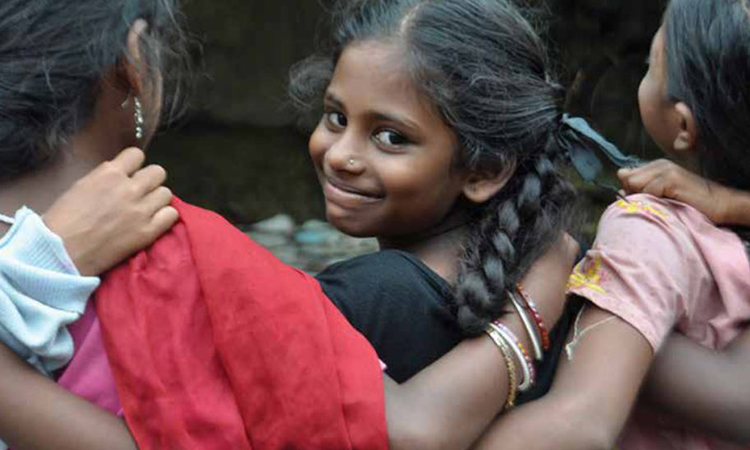News Flash

DHAKA, Sept 08, 2025 (BSS) - The Convention on the Rights of the Child, the most universal human rights document in history, has been a cornerstone in the global protection of children. Bangladesh, having ratified the UN convention on August 3, 1990, is set to commemorate 35 years of its commitment to ensuring children's rights in 2025.
However, the path to fully realizing these rights remains challenging, especially for children engaged in domestic work.
The convention, which contains 54 articles, lays down the foundational rights of children under the age of 18. It emphasizes a child's right to education, protection from abuse and participation in decision-making. For Bangladesh, however, the gap between legal frameworks and real-world implementation, particularly in child labor and domestic work, remains a persistent issue.
Despite progress, child labor continues to be a pressing concern in Bangladesh, especially in the informal sector. While the Child Labor Act prohibits children under 14 from working, those aged 15 and above are allowed to take up "decent" work. However, children working in domestic labor often fall into a gray area, as these workers are neither fully covered by labor laws nor receive proper monitoring.
According to a UNICEF and ILO survey, Bangladesh is home to approximately two million domestic workers, many of whom are children, predominantly girls. These children face significant physical and emotional abuse with their working conditions often hazardous and unregulated.
The Domestic Workers Protection Policy 2015, developed by the Bangladesh government, highlights the importance of safeguarding domestic workers' rights, including fair wages, fixed working hours, healthcare and leave. The policy also states that children under 12 should not be employed in domestic work, yet, without full legal enforcement, these guidelines remain loosely followed.
Minara, a nine-year-old girl from Sherpur, offers a poignant glimpse into the lives of child domestic workers. After moving to Dhaka six months ago, Minara became a caregiver for a one and half-year-old child, taking on responsibilities such as feeding, bathing and playing with the child. Despite her youth, Minara's routine is demanding, waking up early and working long hours to care for her young charge.
Her salary is a modest Taka 3,000 per month, a significant sum for her family but hardly enough for Minara, who has little time to rest or enjoy her childhood. Her story is far from unique, as 78 percent of domestic workers in Bangladesh report being victims of abuse, with many facing physical punishment, verbal humiliation and extreme emotional strain.
Though Minara's family believes the salary she receives is substantial, the reality is that this amount is not enough to cover the living expenses of a child working in such strenuous conditions. Yet, Minara remains somewhat content in her role, relieved from the starvation and hardships she faced in her rural village.
Bangladesh has made strides in formulating policies aimed at protecting child laborers. The Children Act, 2013 and the National Child Labor Elimination Policy have paved the way for ensuring children's rights. These measures set the stage for improving conditions for child domestic workers, aiming to reduce exploitative practices and protect children from hazardous labor.
However, as Minara's story illustrates, the practical implementation of these laws is still limited. While the Domestic Workers Protection Policy outlines provisions for better wages, fixed working hours and healthcare -- these guidelines have yet to be codified into law, allowing for significant lapses in enforcement. Without full legal backing, child domestic workers remain vulnerable to exploitation.
To achieve real change, the government of Bangladesh must prioritize stronger enforcement of existing laws and policies. Raising awareness at the grassroots, particularly in rural areas where child labor is most rampant, will be crucial. At the same time, civil society organizations and international agencies must collaborate to improve monitoring mechanisms and provide better support for children trapped in domestic labor.
Socio-economic challenges in Bangladesh play a major role in perpetuating child labor. The path to change requires systemic solutions, including economic empowerment of families, improved educational access and greater investment in child welfare programs.
In the coming years, it is imperative that Bangladesh continues its commitment to the Convention on the Rights of the Child and translates these principles into tangible improvements for all children, especially those engaged in domestic work.